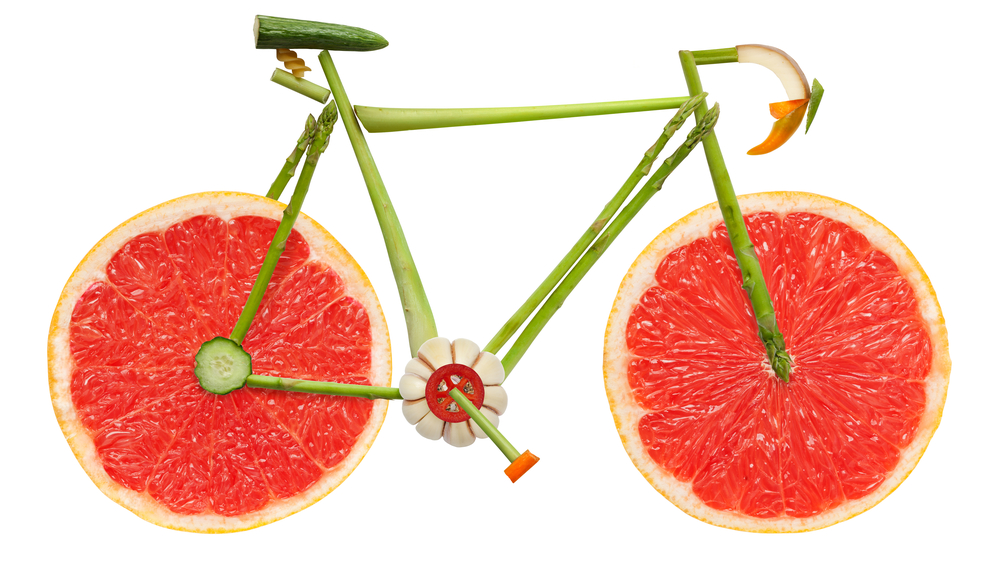It seems our society has a never-ending fixation on weight loss and being thin. While shedding excess weight can mean a healthier, more energized you, there are right ways and wrong ways to go about dieting and weight loss. Here are some do’s and don’ts of healthy dieting and weight loss.

Do
- Find healthy alternatives to your favorite “guilty pleasure” foods. If you’ve got a sweet tooth, or tend to get the munchies during the day, take some time to find healthy alternatives that satisfy your cravings without adding extra inches around your waistline.
- Eat foods that will keep you feeling fuller longer. Doing so will help you avoid overeating. Protein and fiber-rich foods are the best foods for satisfying appetite. Apples, whole grains, fish and beans are examples of food your body will digest slowly, allowing you to get the nutrients needed for your body to thrive, without taking in too many calories.
- Learn how to shop for healthy foods. While at the grocery store, stick to the outside aisles where you’ll find natural foods, fresh produce, meat and seafood. Avoid the inside aisles where most processed foods are located. Read nutrition labels and don’t be sold by the packaging of food products alone. The more colorful the foods in your shopping cart, the better. Purchase a rainbow of colors in fruits and vegetables to ensure you are buying healthy, nutrient rich foods.
- Drink plenty of water. Your body needs water to function properly and to metabolize fat. If you are trying to lose weight, be sure you are drinking plenty of water. If your body isn’t getting enough water, it will begin to store water, just as it would store fat if you were starving yourself and not getting enough nutrients. Start by drinking at least eight 8-ounce glasses of water a day. For every 25 pounds of excess fat, drink an extra glass of water each day to help your body burn the extra fat.
- Train your brain to crave healthy foods. If you tend to crave high-calorie or high-fat foods, rewire your brain to crave foods that will promote a healthy weight. Start your day with a high-protein breakfast. Skip the sugary drinks, which can spike your blood pressure and increase cravings. Keep your blood sugar balanced by eating small snacks, such as nuts or seeds every three to four hours.
Don’t
- Crash diet. Make a healthy diet a part of your every day life, not something you do only when you nee to lose weight quickly. Crash dieting leads to more fluctuation in your weight, which could in turn affect your positive self-esteem. If you stay focused on eating healthy and living an active, healthy lifestyle, over time you’ll see the results you’re looking for, and be more likely to maintain a healthy weight.
- Over exercise. In an attempt to lose weight, we can be tempted to spend hours a day in the gym, trying to burn off extra calories. Over exercise quickly leads to fatigue and may even lead to an eating disorder. Make it a point to exercise no more than 30 minutes to an hour three to five days a week.
- Eat processed foods. If you are unable to pronounce the names of ingredients in a food product, it’s a good indicator you should avoid that particular food. Eat real, plant-based foods, animal meats, vitamins and minerals. If a food contains chemicals or other ingredients you are unfamiliar with, don’t eat it.
- Skip sleep. A lack of sleep increases hunger cravings, which can cause you to eat more and gain weight because the levels of hormones related to appetite are altered with sleep deprivation. Lack of sleep also increases cravings for foods that are high in sugar, fat and carbohydrates. When you’re sleep deprived, your body craves carbs because carbs contain gluten, which helps fuel the brain.
